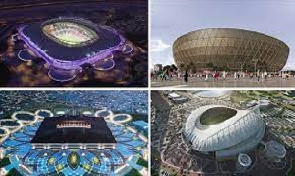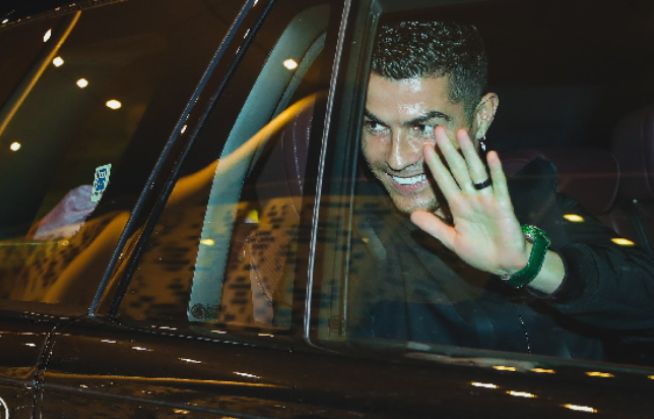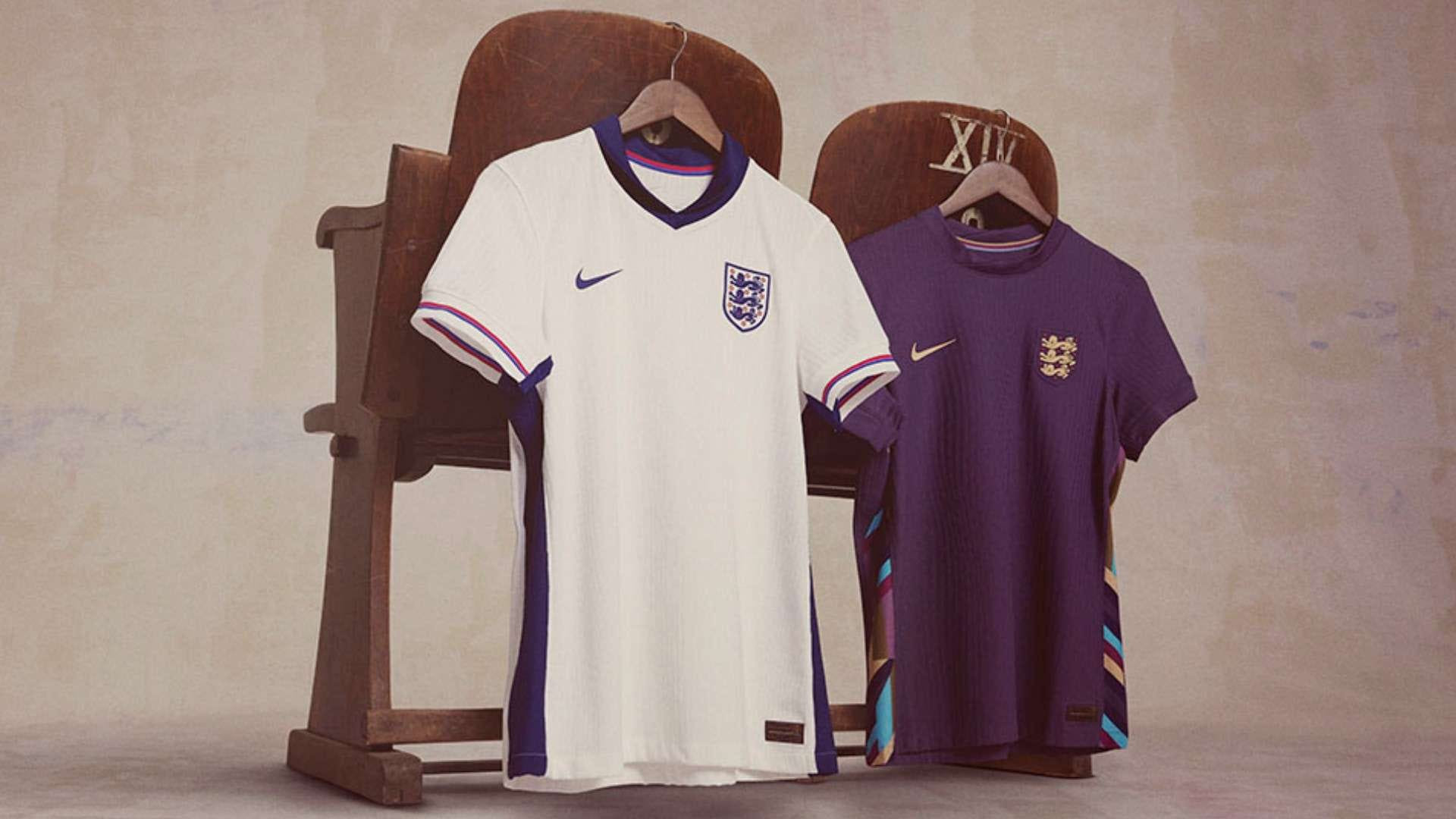These are the most expensive World Cups in history

The much anticipated FIFA World Cup kickstarts in 23 days as Qatar become the first Arabian national to host the biggest football festival in the world.
32 countries out of the 211 national associations including the Black Stars of Ghana will be competing for the golden trophy worth $42 Million.
Eight stadiums have been designed to host the 2022 Mundial and will be the first time that football will be played in stadias fully equipped with air conditioners.
The huge investment made by the Qatari government to prepare for the tournament will make the 2022 World Cup the most expensive in the history of the competition which started in 1930.
The 2022 FIFA World Cup according to multiple reports will cost the Qatari government the sum of $200billion which is about 14 times higher than the amount any country has invested while hossting the Mundial.
Aside Qatar, we look at the top four other countries that invested billions of dollars to host the World Cup.
Russia 2018 – $14.2 billion
The host of the 21st edition of the FIFA World Cup spent $14.2 billion to prepare for the competition.
Russia built some high-tech stadiums and imported turf from other countries to build their pitches for the competition.
They used 12 stadiums to host the 64 games in the 2018 World Cup that was won by France.
Brazil 2014 – $11.6 billion
The record winners of the FIFA World Cup come third on our list for using $11.6 billion to host the competition which even resulted in various demonstrations in the country.
Brazil used 12 stadiums (seven new and five renovated) in twelve cities to host the 2014 World Cup which saw the Black Stars exit from the group stages without a single point.
Japan/Korea 2002: $7 billion
Two Asian powerhouses, Japan and Korea combined to host the first World Cup in the 21st century and they didn’t disappoint the world.
The stadiums in Daegu, Suwon, Yokohama, and Saitama all hosted 4 matches each, while the other 16 stadiums hosted 3 matches each.
Though $7 billion was used to host the 2002 FIFA World Cup, Japan/Korea are 5th on the list because they combined resources to host the competition.
Germany 2006: $4.3 billion
Last on the list was the 2006 World Cup staged in Germany and won by the Italian national team.
It was Germany’s second hosting of the competition, but they didn’t let that stop them from spending heavily as they invested $4.3 billion in the project.
CLICK HERE TO DOWNLOAD PRESS RADIO MOBILE APP
Germany also used 12 stadiums to host the World Cup just like Russia and Brazil while South Africa used 10 stadiums to host the 2010 edition.
Source: www.ghanaweb.com







